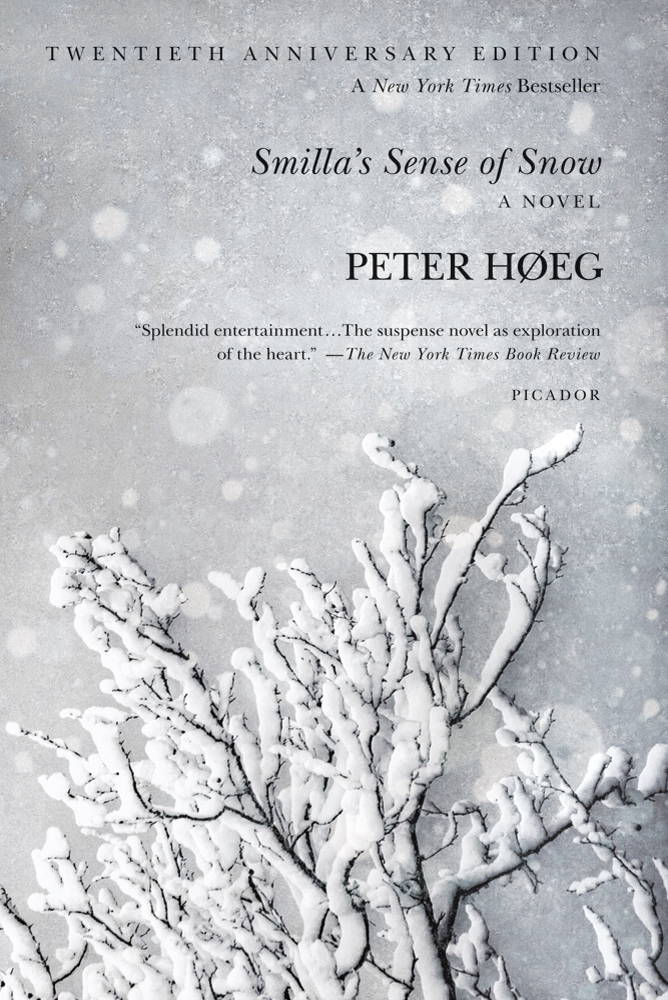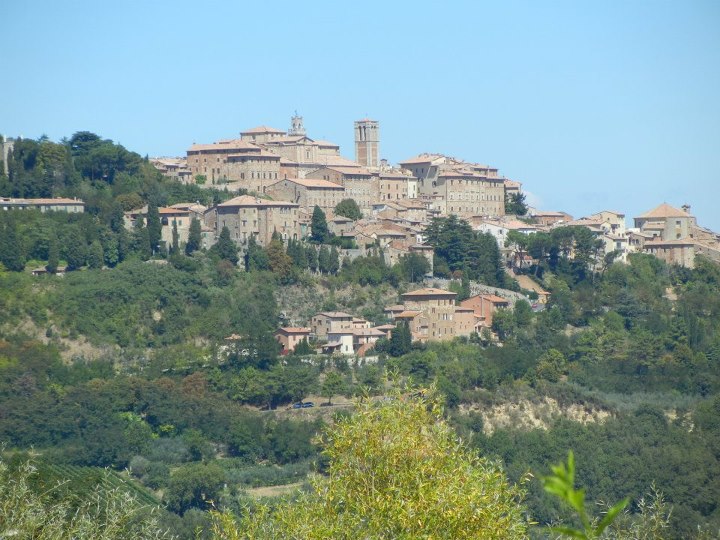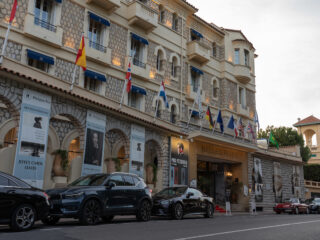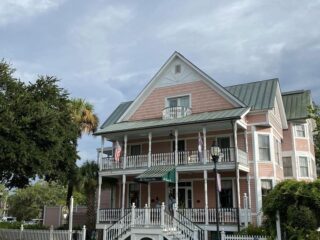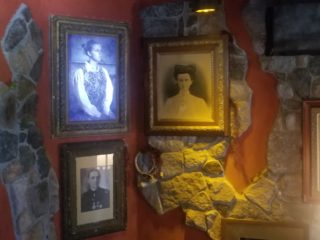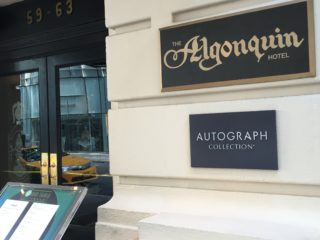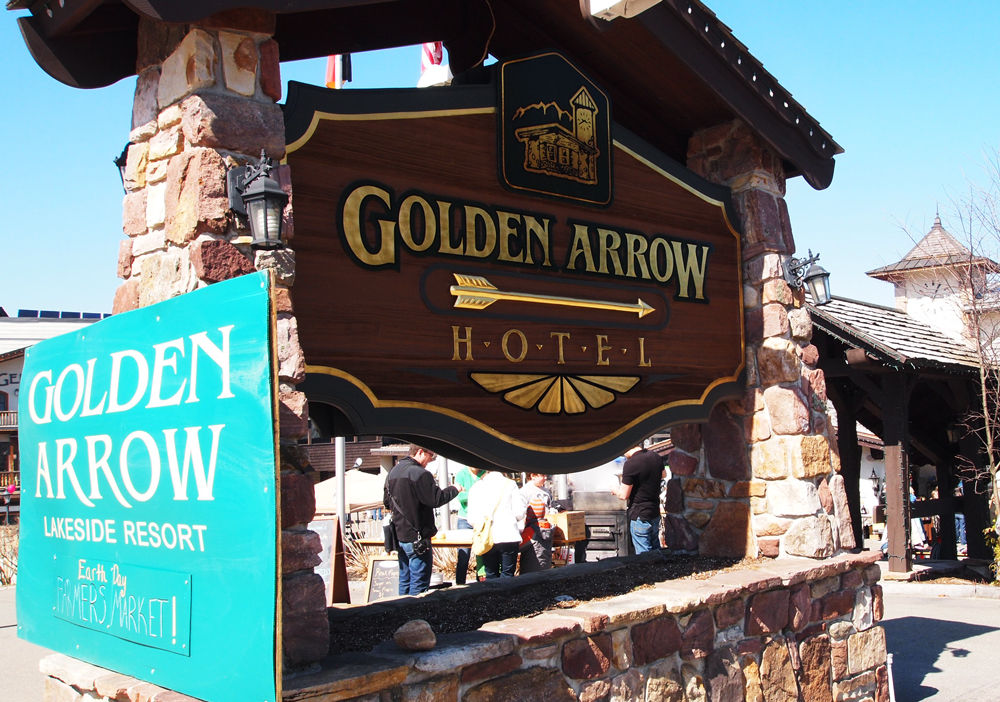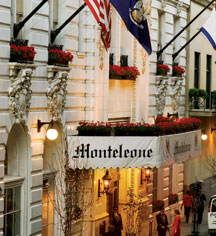 By Kelsey A. Liebenson-Morse
By Kelsey A. Liebenson-Morse
Everybody is nothing until you love them. –Tennessee Williams, The Rose Tattoo
The Hotel Chelsea in New York is a literary icon, but it’s southern counterpart, The Hotel Monteleone, has an impressive literary history, too. This southern gem, a luxury hotel in the French Quarter of New Orleans, boasts a fearsome list of literary guests, including Ernest Hemingway, Truman Capote, Rebecca Wells (Divine Secrets of the Ya-Ya Sisterhood), William Faulkner, Richard Ford (A Piece of My Heart), Eudora Welty, Sherwood Anderson (Winesburg, Ohio), Tennessee Williams, and Winston Groom (Forrest Gump). Contemporary writers Anne Rice and John Grisham have been guests, too. In 1999 the Friends of the Library Association distinguished the hotel as an official literary landmark.
Located on 214 Royal Street in the heart of the historic French Quarter (“it’s been said the French Quarter begins in the lobby of the Hotel Montleone”), the hotel was built in 1866 and has been family owned and operated for four generations. Antonio Montleone, a shoe manufacturer from Sicily, emmigrated to New Orleans circa 1800 and founded the hotel shortly thereafter.
Views of the majestic Mississippi can be seen through the penthouse meeting rooms, and the authentic southern charm that appealed to artists since its inception is intact. The Queen Anne ballroom is heavy with chandeliers and you can almost hear whispers of balls long passed, the swirling of tulle dresses and the clinking of crystal glasses. Staying at the Hotel Monteleone transports guests back to the glory days of New Orleans, the glittering lights and gilded mirrors of Kate Chopin’s world in The Awakening is easy to envision here. The Hotel’s singature “Author Suites” are decorated to recreate the style of a particular author, from Eudora Welty, Tennessee Williams and Truman Capote to William Faulkner and Ernest Hemingway.
Hemingway, Capote and Faulkner and stayed at The Monteleone when they traveled through New Orleans; Hemingway even refers to it in his short story, “The Night Before Battle”. Though Hemingway is most notably connected to Key West and Cuba, New Orleans was one of his favorite cities. And Capote loved the hotel so much he claimed he was born there–his mother went into labor while living at The Monteleone! Faulkner stayed at the hotel in 1951 while receiving the French Legion of Honor Award.
The Carousel Bar, which operates today much as did when it premiered in 1949, is a stationary bar around which the very floor rotates under the shadow of a real carousel. (That means a drink every 15 minute revolution, but who’s counting?) Tennessee Williams spent hours beneath the dim carousels lights, and in his Tony Award winning play, Rose Tattoo, he uses The Hotel Monteleone as a symbol for New Orleans’ progressive nature. Williams was a true representative of the South–he loved the grit glamour and raciness of New Orleans, and spent some of his most productive years there.
Enjoy the eccentricities of New Orleans while you enjoy imgaining how some of the most acclaimed American authors celebrated their own…at The Hotel Monteleone.

